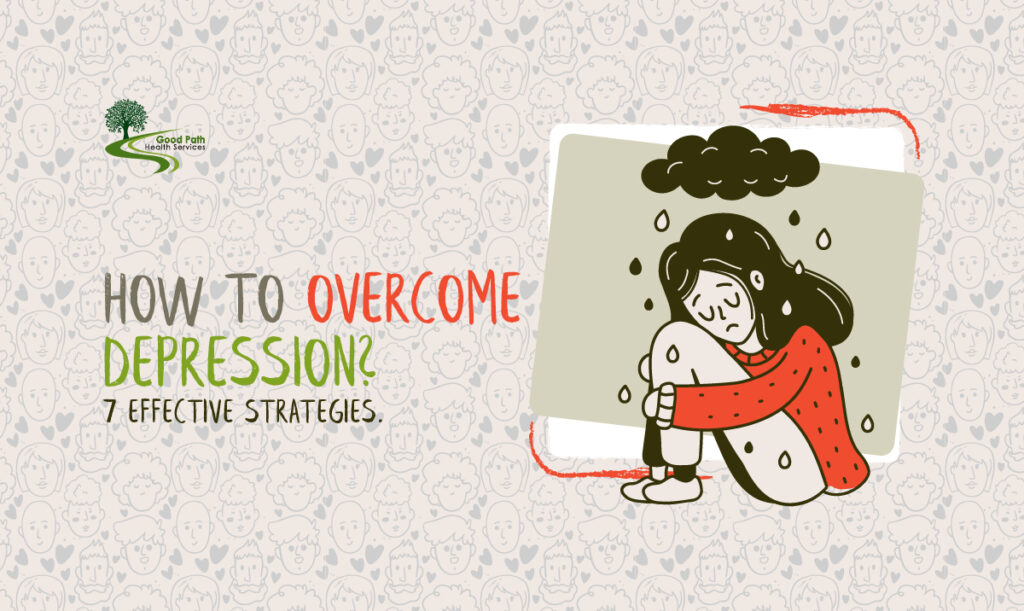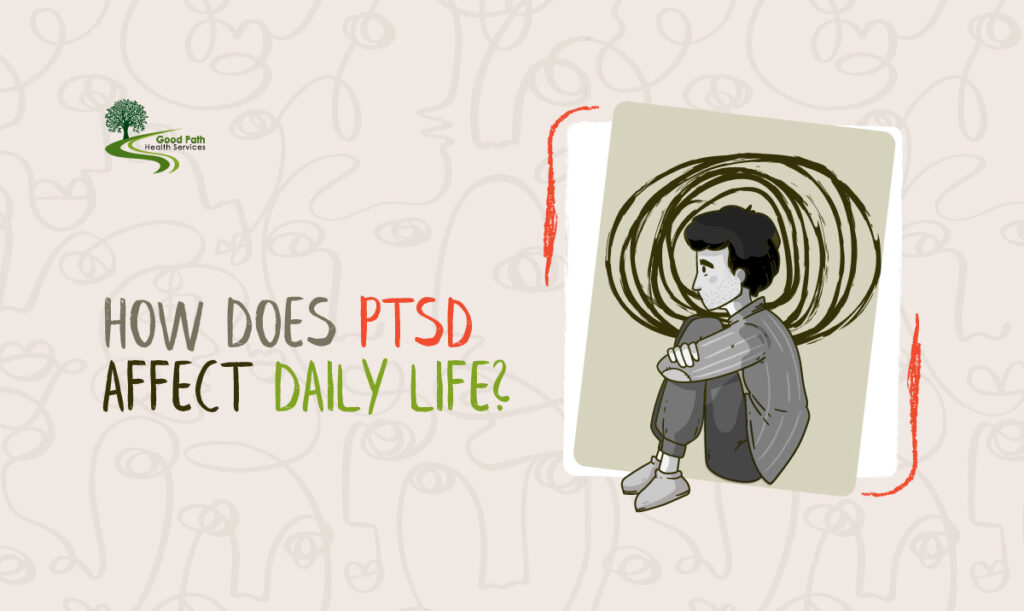
Mental health is perhaps one of the most important but under-recognized areas of the healthcare system.
With increasing awareness there is a rising demand for professionals in the field of psychiatry.
If you have an interest in understanding the complexities of the mind, learning about the responsibilities of a Psychiatric Mental Health Nurse Practitioner (PMHNP) could be enlightening.
In this post, we will discuss what does a psychiatric mental health nurse practitioner do, the significance of being a PMHNP, their impact on well being and the essential role they play in the healthcare system.
Let’s get right to it.
Who is a Psychiatric Mental Health Nurse Practitioner?
A Psychiatric Mental Health Nurse Practitioner (PMHNP) is an advanced practice registered nurse (APRN) with a specialization in mental health.
They are skilled in assessing, identifying and caring for people with disorders.
Can a psychiatric nurse practitioner prescribe medication? Yes, they can.
PMHNPs can:
- Give prescriptions for medications.
- Provide psychotherapy.
- Offer holistic care for the physical and mental health of the patient.
The role of a PMHNP can be very diversified – there are many responsibilities that directly affect patient health and healthcare quality.
What Does a Psychiatric Mental Health Nurse Practitioner Do?
Let’s talk about what a PMHNP does.
Responsibilities of a PMHNP
1. Assessment and Diagnosis of Mental Health Conditions
The assessment process for a PMHNP is thorough and begins with checking for signs and symptoms of mental illness.
This involves:
- Performing interviews.
- Reviewing medical histories.
- Administering mental status examinations.
Through these processes, PMHNPs are able to differentiate between different mental disorders, namely depression, anxiety, bipolar disorder, and schizophrenia.
2. Development and Implementation of Treatment Plans
After diagnosis, PMHNPs assist patients to develop personalized treatment plans.
The care plan can include different therapeutic methods:
- Counseling.
- Support groups.
- Lifestyle improvements.
PMHNPs are qualified to approach treatment plans holistically.
They look into many aspects that can affect one’s mental health, including:
- Social support.
- Work environment.
- Daily routines.
3. Medication Management and Therapy Sessions
Medication management can be a necessary part of treatment plan for some conditions.
PMHNPs are authorized to prescribe psychotropic medications.
They’re also responsible for following up on their effectiveness and possible side effects.
In addition, PMHNPs are experienced psychotherapists. They provide psychotherapy sessions that can be both individual or group-focused.
Collaboration and Support
1. Working with Multidisciplinary Teams
PMHNPs also work with other healthcare professionals; these can be:
- Psychiatrists.
- Psychologists.
- Social workers.
- Primary care physicians.
Through collaboration, they can provide holistic care for mental health diagnoses.
PMHNPs understand the importance of working as a team. That is to ensure positive patient experiences and outcomes.
2. Providing Education and Support to Patients and Their Families
Education is a major part of a PMHNP’s work.
Along with providing therapeutic knowledge, they also educate patients and their families about the conditions and the treatment options available to them.
This can help patients make wise decisions about their care and encourage their healing.
Impact and Importance
The work of a PMHNP includes more than patient care; they have a huge role in forming mental health policies for community wellness.
1. Improving Access to Mental Health Care
A crucial responsibility of a PMHNP is to alleviate shortages of health professionals.
They achieve this by offering treatment particularly in areas and communities that lack necessary services.
Their expertise in identifying and addressing health issues along with their capacity to recommend medications and therapy makes them as the source of assistance for people requiring help.
2. Achieving Better Mental Health Results
The influence of PMHNPs on patient wellness can be major.
They relieve the burden of mental illness with timely diagnosis and treatment.
Through clinically proven practices, PMHNPs help patients to manage their conditions well.
3. Reducing Stigma and Supporting Mental Wellness
PMHNPs champion mental well being.
They work to increase understanding and reduce the stigma often associated with it.
They encourage dialogue, implement safety precautions and cultivate environments to mental well being.
To Sum Up
What does a psychiatric mental health nurse practitioner do?
A PMHNP is an advanced practice registered nurse with a specialization in mental health.
A PMHNP can:
- Examine and diagnose mental health conditions.
- Develop a care/treatment plan (e.g., counseling, therapy, medication management, lifestyle adjustments and etc).
- Work with other professionals to provide holistic healing.
- Provide support/education to patients.
- Provide better access to mental health care and treatment.
- Dispel the stigma that is attached to mental health.
The role of a PMHNP is essential and life-affirming.
These caring professionals provide patient-centered care that affects lives, alters mental health narratives, and bridges gaps in mental healthcare access.
PMHNPs not only help patients recover but also kindle hope in the hearts of their patients.
For support and treatment, speak to a certified PMHNP at Good Path Health Services today.
FAQ Section
What is a holistic psychiatric nurse practitioner?
A holistic psychiatric nurse practitioner is an advanced practice nurse who combines physical, mental, and emotional care, focusing on patients’ overall well-being.
They consider every aspect of a patient’s lifestyle and environment in their treatment plans.
Do psychiatric nurse practitioners do therapy?
Yes, psychiatric nurse practitioners can provide psychotherapy treatments to individuals, groups, and families.
Can PMHNP do therapy?
Absolutely, PMHNPs are able to provide psychotherapy sessions.
Can a psychiatric nurse practitioner prescribe medication?
Yes, psychiatric nurse practitioners have the authority to prescribe psychotropic medications in all 50 states, after appropriate diagnostic evaluations.
What can one expect from a PMHNP internship?
A PMHNP internship provides hands-on experience in psychiatric care, including:
- Assessment.
- Diagnosis.
- Treatment.
- Patient education.
These are done under the supervision of experienced mental health professionals.
Psychiatric Mental Health Nurse Practitioner vs Psychiatrist – what’s the difference?
PMHNPs are advanced practice registered nurses with a focus on integrated and holistic care.
Psychiatrists are medical doctors specializing in the diagnosis and treatment of mental health disorders, including complicated and severe conditions, with medication as the most common form of treatment.



